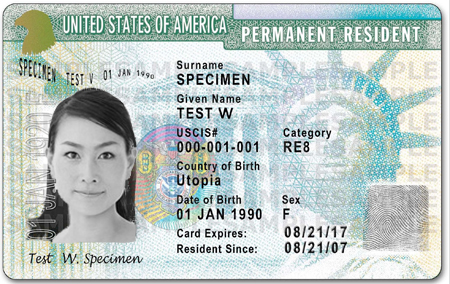
One of my readers sent a question about his Filipina girlfriend and financial responsibilities/expectations. He is dating a young woman who works as an OFW (Overseas Filipino Worker) in another part of Asia. She gives most of what she makes to family and even friends that ask. His concern was what would be expected of him if ever he brings her to the USA (via spousal or financial visa).
I wrote about this a long time ago, but I figure this would be a good time to write a more detailed article about it. Let’s start with an introduction to Filipino families and money.
Filipino Culture and Sharing Money
Money typically flows in one direction in Western families–from older to younger. Parents raise their children, maybe put them through college, and then the kids will (hopefully) get jobs and start families of their own. Grandparents then spoil their grandchildren with gifts. It isn’t unusual these days for parents with grown children to continue giving a helping hand to them. That’s because some members of “Generation X” have ended up making less money than their parents (reversing the trend from previous decades). But even this is part of the older-to-younger money flow. There are exceptions to this, of course, but that’s the way it usually works.
It’s different in Filipino families. Parents are expected to support/raise children, but the children are often expected to contribute to the overall well being of the family once they are old enough to earn money (or once they finish college, etc.). This may mean helping siblings (or even other relatives) get through school and even sending money to make sure aged parents are taken care of. Filipinos have a sense of obligation called utang na loob–the idea is helping those who have helped you (even if it was their responsibility).
Filipinos also tend to have close ties with extended family members, and money can flow through these relationships as well. An aunt may support the studies of her nephew, and he may be expected to support his siblings once he has finished school. I think you get the idea.
This is the primary way families combat the high rate of poverty in the Philippines: they try to make sure no family member gets left behind. It’s a trait I admire, though sometimes it can be abused or cause family dysfunction (more on that later).
Learning to Compromise
Family is everything in Filipino culture, and a Filipina will want to make sure hers is doing well. You need to be aware of this and prepare to adapt to it if you want to date or marry a Filipina. But adaptation goes both ways–she will also have to adjust to your culture.
Here’s another way of putting it. You (the Westerner) need to be willing to help her family out financially. Asking her not to do this would be like asking you to disown your own children. She (the Filipina) will have to understand that your funds are limited and your primary responsibility is to your own immediate family (her and your children).
 RECOMMENDED: I recommend Christian Filipina for those who are serious about finding love in the Philippines.
RECOMMENDED: I recommend Christian Filipina for those who are serious about finding love in the Philippines. The way some couples handle this is the Filipina works and sends most of her income back to the Philippines while the (Western) husband supports the immediate family (the wife and children). This is fine if you (the husband) make enough money without her help, but keep in mind that she may not be able to work immediately if she comes to your country on a fiancée visa. And there may be circumstances in which she can’t work (has a new baby, etc.).
Advice
Here are a few suggestions for navigating this issue:
Be sure you talk to your girlfriend or fiancée about this before you get married. This sounds like common sense, but some guys see a cute, young Pinay and forget that marriage requires hard work and communication. Both of you need 100% agreement and clarity on what would be expected of you in terms of financial support to her family. This may mean sending a monthly amount or putting her sibling(s) through college. It may simply mean sending a little money for Christmas or in case of emergencies. Whatever the arrangement, be sure both of you are clear on it.
Be ready for these boundaries to be tested. Her immediate family may be fine, but it isn’t uncommon for people to come out of the woodwork and ask for money once they find out your wife has made it to the “promised land.” Distant relatives may start thinking your wife can pay their bills. I know of a Filipina who started getting money requests from old high school classmates she hasn’t heard from in years once she moved to the States. Your wife will need to be prepared to say “no.” She needs to start practicing if it isn’t part of her vocabulary.
Beware of “toxic” families. As I mentioned, the Filipino system of sharing among families is admirable. But it can be really dysfunctional in some select cases. You may encounter some families in which members feel they are entitled to part of every dollar their son/daughter (or nephew, grandchild, etc.) makes. It’s often referred to as “crab mentality”: the one family member with some form of stable income ends up getting dragged down by everyone else. This kind of family will probably make your life miserable–especially if your wife has grown up believing it is normal and doesn’t know how to have reasonable boundaries.
Money management will make or break any marriage and yours will not be the exception. Keep this advice in mind and it will go a long way towards helping you make good decisions.


